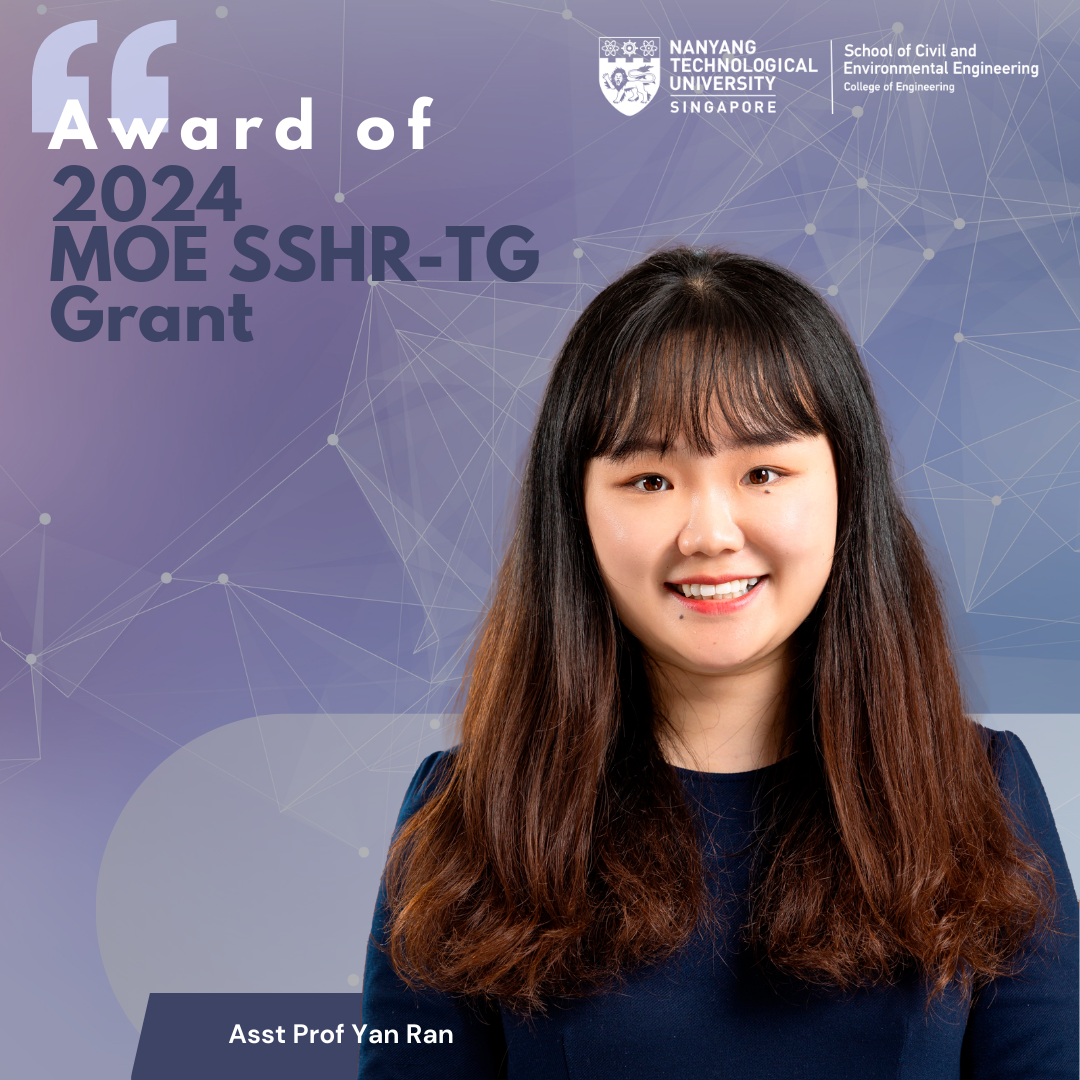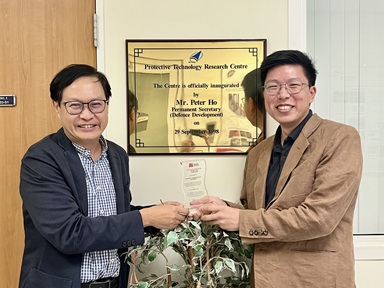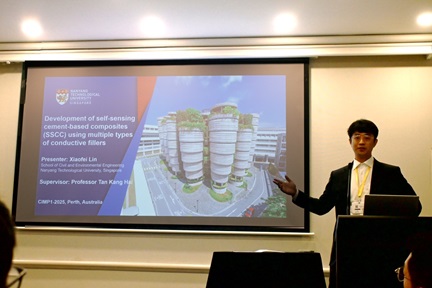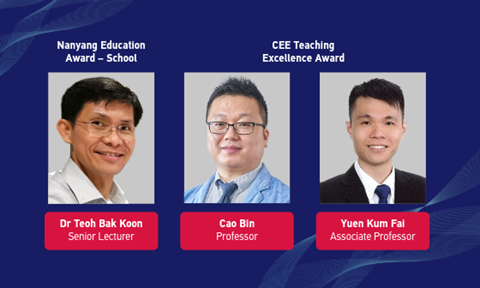Award of 2024 MOE SSHR-TG Grant Call - Assistant Professor Yan Ran
Congratulation to Assistant Professor Yan Ran on the award of 2024 MOE SSHR-TG Grant for her project Key Success Factors and Impacts of Green and Digital Shipping Corridors

About Social Science & Humanities Research Thematic Grant (SSHR-TG)
The 2024 Social Science & Humanities Research Thematic Grant (SSHR-TG) is the first major initiative launched in 2016 by the Social Science Research Council (SSRC), aimed at boosting social science and humanities research in areas of strategic relevance to Singapore and Asia. Call invites proposals which address the following themes using various perspectives in the social sciences and humanities, with special focus on understanding Singapore and its place in the region (ASEAN and the rest of Asia):
- Theme 1: The Future of Society
- Theme 2: The Future Economy
- Theme 3: Climate Change and the Environment
- Theme 4: The Human Condition
- Open Category
Project Write-up
This project aims to evaluate the key success factors and impacts of green and digital shipping corridors (GDSCs) involving the Port of Singapore using social sciences methodologies based on big data analytics and scenario analysis. Two research questions of "how to establish" successful GDSCs and "what are the impacts" of GDSCs are addressed. Specifically, this project considers all corridors involving Singapore with initiatives signed, including Singapore-Rotterdam, Singapore-Los Angeles/Long Beach, Singapore-Australia, Singapore-Japan, and Singapore-Tianjin. Moreover, this study introduces a scenario analysis methodology to delineate business scenarios based on future possible alternative fuel options.
Overall, this project has methodological innovations while is also expected to provide reliable policy and management insights generated from shipping big data for policymakers, industry stakeholders and environmental planners seeking to mitigate maritime sector's carbon footprint. It also lays the groundwork of evaluating the climate and health impacts of shipping emissions. Besides, this study can facilitate the construction of an industry cooperation platform that encourages participants in the cluster to work together to address cross-border challenges, coordinate infrastructure development, share knowledge, harmonize standards and attract investment along the supply chain. The practical recommendations summarised from this research will help achieve greater environmental benefits at less cost, and enhance the efficiency of GDSCs as they move from initiative to implementation.







